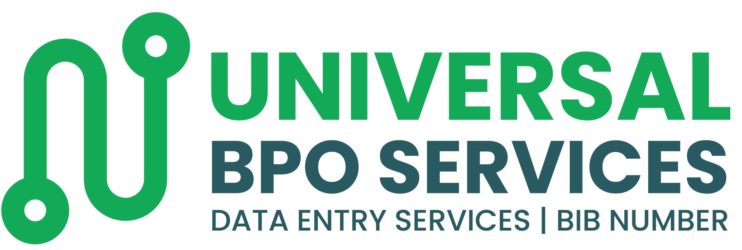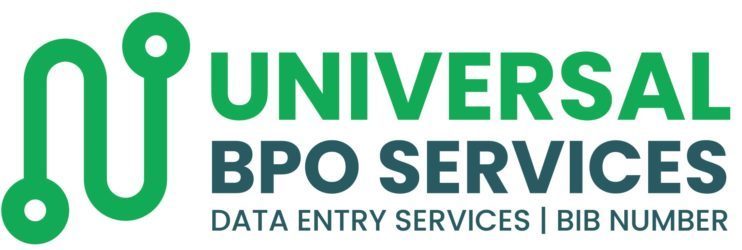
Unleash the Potential of Research: Perfect Your Data Collection Skills
Imagine the rhythmic hum of a factory floor, where every pause, beep, and imperfect part tells a story that holds untapped potential. By consistently capturing and thoughtfully analyzing even the most basic manufacturing metrics, you can unlock powerful insights that have the ability to revolutionize operations.
Consider a manufacturing unit where the team diligently monitors conveyor belt downtimes, the assembly time for each product, the number of widgets produced in 24 hours, and defective screws identified during inspections. This meticulous record keeping represents fundamental data collection. By thoroughly processing and analyzing this data, valuable insights are unlocked that empower informed decision-making, optimize resource allocation, shift from reactive to proactive strategies, and ultimately maximize production outputs.
Table of Contents
- Understanding Data Collection in Research
- Data Collection as the Backbone of Effective Research
- Overview of Data Collection Process in Research
- Key Data Collection Methods in Research
- Data Gathering Tools in Research
- Ethical Considerations in Data Collection
If you’re diving into academic research or exploring social dynamics and consumer behavior in the business world, having data is crucial for making well-informed decisions. Collecting data isn’t just important; it’s the essential first step that sets the stage for everything else in your study. Without it, you simply can’t move forward effectively.
Grasping the Essentials of Data Collection in Research
Data collection is an essential and methodical approach to gathering information from a variety of sources like the Internet, published journals, and grievances. By assembling a comprehensive dataset, researchers are empowered to test hypotheses effectively, address research questions thoroughly, evaluate outcomes accurately, and predict trends and probabilities with confidence.
Data collection plays a crucial role in research, analysis, and decision-making across fields like academia, social sciences, businesses, and governments. Carefully conducting data collection ensures the accuracy and reliability of your findings. By mastering different data collection techniques, researchers can enhance precision and add credibility to their work. Thus, it’s clear that data collection forms the backbone of successful research endeavors.
outsourced data collection, benefits of data collection outsourcing, data collection service providers, data gathering services, professional data collection, data collection solutions, data collection firms, third-party data collection, remote data collection services, global data collection companies, market research data collection, data entry outsourcing, survey data collection services, field data collection outsourcing, qualitative data collection services, quantitative data collection services, online data collection services, Data Collection Services, Data Collection, Data Collection Outsourcing, Data Collection Company
Data Collection: The Essential Foundation for Successful Research
Data collection is crucial in the research process, serving as the link between theory and actual evidence. You can’t overemphasize its importance, because good data collection gives us research results that stand on solid proof and lead to reliable solutions. Yet, there’s a significant challenge: making sure that the collected data is both accurate and directly related to the research goals.
Ensuring the integrity of research outcomes starts with the quality of data used. High-quality data is crucial for valid findings, playing a vital role in shaping interpretation, analysis, and recommendations. Accurate data forms the foundation for generating actionable insights and keeps research aligned with its goals. Without a solid approach to data collection, researchers might end up drawing conclusions from incomplete or biased information, jeopardizing reliability and effectiveness.
Data collection is far from straightforward. Its complexity hinges on various factors like the research’s nature, the questions being addressed, and its scope. Take, for example, someone with a clipboard asking questions to strangers on the street—that’s data collection too. Data can also be gathered in different ways, such as via mail-in comment cards or phone surveys. Each method yields data that’s distinct and unique in its own way.
No matter if it’s quantitative, qualitative, or mixed-methods research, the strategies you choose should align with your research goals while also sticking to ethical standards. Mastering this process is crucial in our data-driven world because decisions across various industries depend heavily on research findings.
It’s clear that different data-gathering techniques in research are tailored to specific needs. What’s effective for one researcher may not work as well for someone else. There are a variety of tools available for collecting both qualitative and quantitative data, and it’s crucial for researchers to understand these options to make smart decisions.
The Crucial Role of Data Gathering Tools in Research
-
Word Association: By presenting respondents with a list of words, the researcher effectively taps into their initial reactions and thoughts. This approach encourages participants to openly share the first ideas or images that come to mind upon hearing each word, providing valuable insight.
-
To truly grasp what a respondent is thinking, researchers use sentence completion. This powerful tool involves presenting the interviewee with an incomplete sentence and closely observing how they choose to finish it.
-
Role-playing is a dynamic tool where participants are presented with a hypothetical scenario and asked to engage as if the situation were real. This approach not only enhances problem-solving skills but also encourages empathy and deeper understanding, making it an invaluable exercise in both professional and personal development.
-
In-Person Surveys: It’s clear that these involve asking questions face-to-face, allowing for more direct and personal engagement.
-
Online/Web Surveys: These types of surveys are incredibly convenient and easy for users to complete. However, it’s important to address the concern that some participants might hesitate to provide honest responses or choose not to respond at all. By emphasizing anonymity and reassuring participants of the value their feedback brings, we can encourage more genuine and thoughtful participation.
The Importance of Ethical Considerations in Data Collection
Ethics are crucial in data collection, safeguarding participants’ rights, privacy, and overall well-being. It’s essential for researchers to follow ethical standards by acquiring informed consent, ensuring confidentiality, and protecting data security. This approach not only safeguards individuals but also enhances the integrity and credibility of the research process.
1. Informed Consent: It’s crucial that participants fully understand the study’s purpose, procedures, and any potential risks before they agree to take part. Providing this informed consent is essential because it guarantees that participants are voluntarily engaging in the research with a clear understanding of what it involves.
2. Confidentiality: It’s crucial to prioritize the protection of participants’ identities and personal details as a key ethical responsibility. To ensure confidentiality, researchers must rigorously apply measures like anonymization and secure data storage. These steps are essential in maintaining trust and integrity in research practices, reinforcing the importance of safeguarding sensitive information effectively.
3. Data Integrity: It’s crucial to ensure that data remains accurate and authentic. Researchers must steer clear of any practices like falsifying data, selectively reporting results, or misrepresenting findings. Maintaining integrity in research not only upholds the trustworthiness of your work but also strengthens the credibility of the entire scientific community.
It’s crucial to get a handle on data collection techniques in research if you want insights that are accurate, reliable, and actionable. By diving into the specifics of various methods and tools, researchers can craft a strong data collection process that truly aligns with their goals. Plus, focusing on ethical considerations and using proper methods is essential for gathering data effectively and ensuring your findings hold up.

